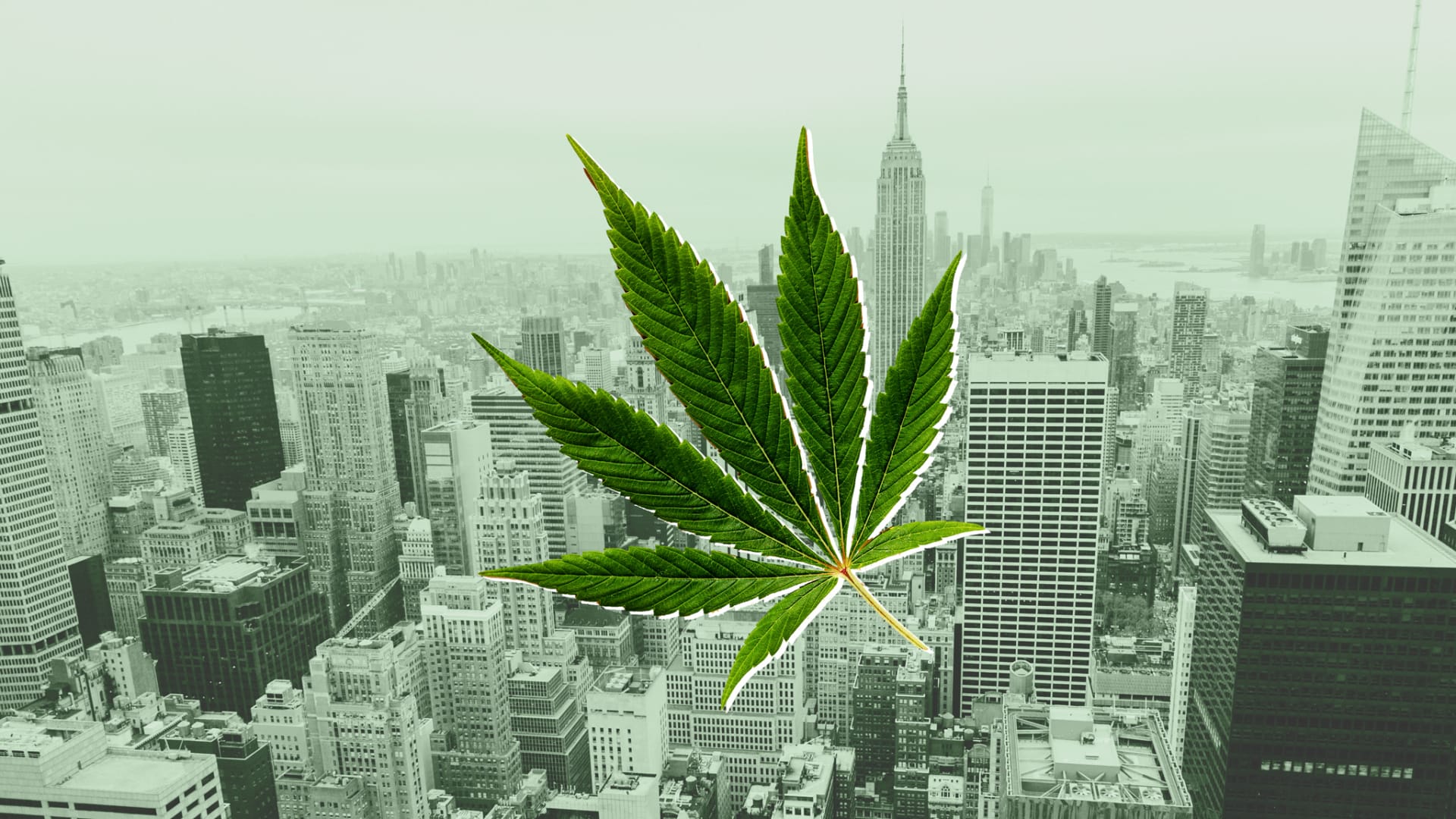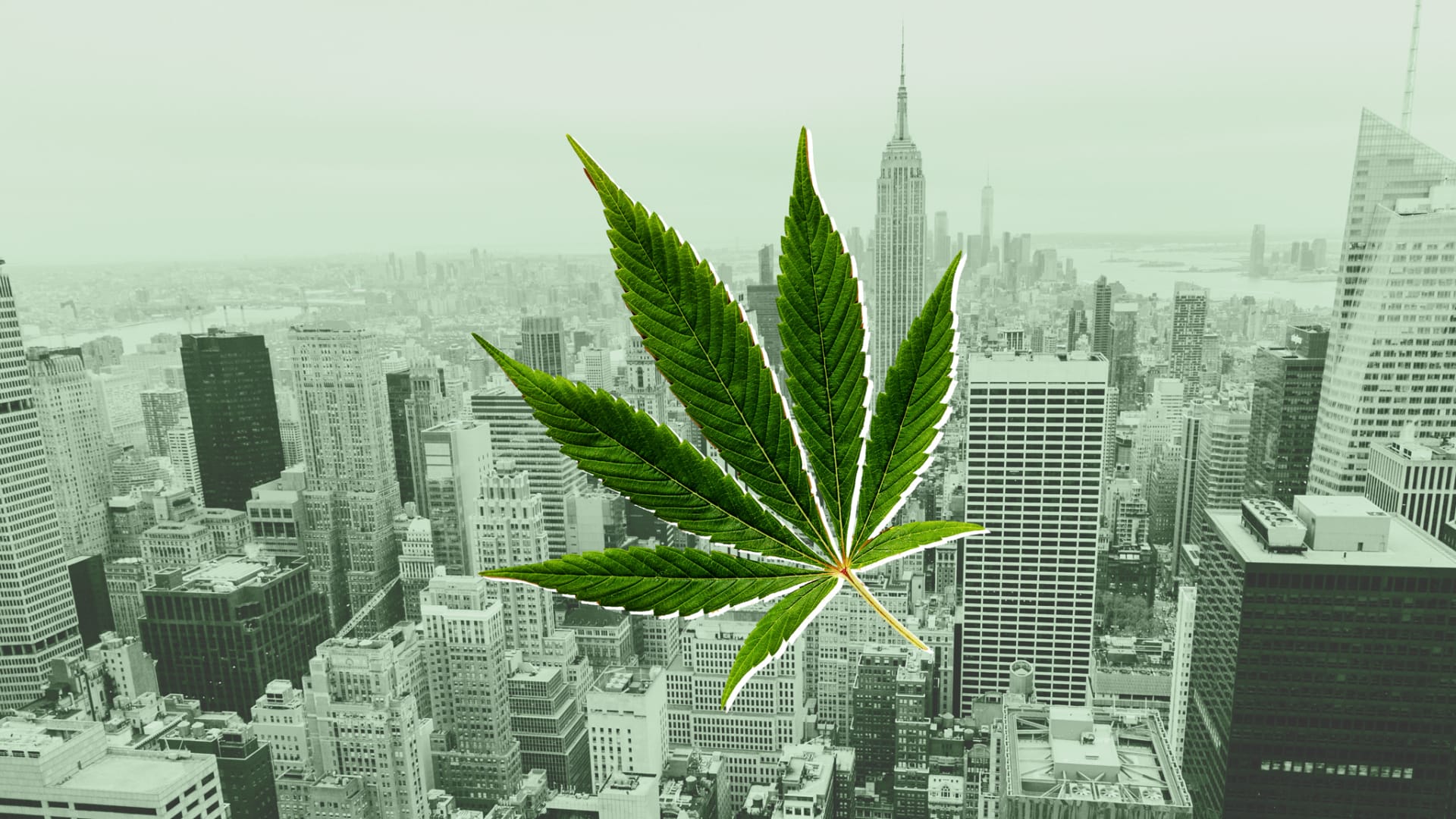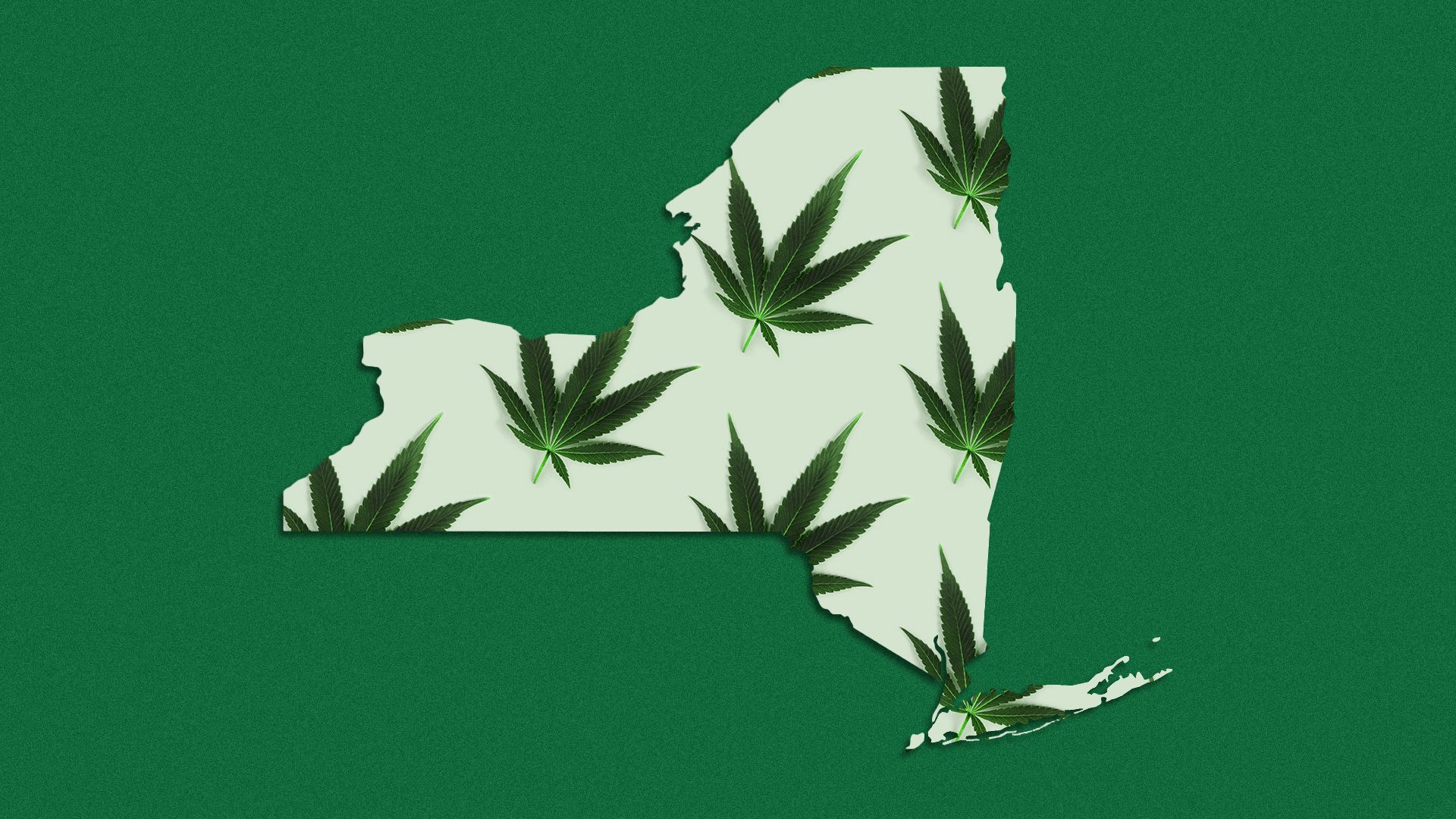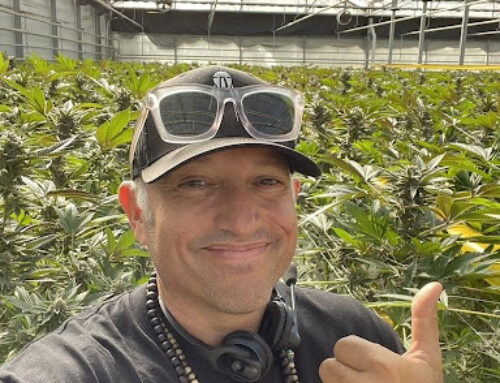The Dawn of Social Equity and the Booming Adult-Use Cannabis Industry in New York
NEW YORK– New York State is embarking on a groundbreaking social experiment as it grants adult-use cannabis licenses, aiming to rectify the injustices inflicted by the long-standing war on cannabis. The detrimental effects of this war have included widespread incarceration, generational trauma, limited employment and housing opportunities, and the flourishing of an illicit market, with African-American and Latino communities disproportionately affected.
The Empire State envisions the emerging cannabis industry not only as a revenue generator but as a means to invest substantially in the communities and individuals most harmed by cannabis criminalization. This ambitious endeavor seeks to address the collateral damages of the past, reduce the illicit market, eliminate racial disparities in cannabis laws, and invigorate New York’s agricultural sector.
Central to this pursuit of social equity is a novel licensing program that reserves an impressive 50% of all adult-use cannabis licenses for social and economic equity applicants. The state has placed non-social equity licenses on the backburner as it focuses on providing opportunities for those who have historically been marginalized.
The exact number of licenses to be issued is yet to be determined. Presently, there are 38 medical licensees in the state, serving approximately 140,000 patients in 2021 and generating around $300 million in sales. However, it is widely expected that the number of adult-use licensees will far exceed this figure.
Chris Alexander, executive director of New York’s Office of Cannabis Management, anticipates that between 100 and 200 licenses will initially be awarded to individuals with past cannabis-related convictions or those with close familial ties to such individuals. Evaluation criteria will heavily consider applicants’ business experience and plans.
According to Tremaine Wright, chair of New York’s newly-formed Cannabis Control Board (CCB), the timeline for this transformative journey aims to have licensed recreational dispensaries operational by the summer of 2023. Final regulations are expected to be issued by late winter 2022 or early spring 2023.
The state has defined social equity applicants to include individuals from communities disproportionately impacted by cannabis prohibition, minority and women-owned businesses, distressed farmers, and service-disabled veterans. Additional priority will be given to applicants who belong to disproportionately impacted communities, earn less than 80% of their county’s median income, or have personal or familial histories of cannabis-related convictions.
It is important to note that social equity licenses cannot be transferred or sold within the first three years, except with written approval from the CCB and only to another qualified social and economic equity applicant.
While anticipation for dispensary and lounge licenses is particularly high among the nine available license types, Tremaine Wright emphasizes the untapped potential in processing and manufacturing licenses, which offer opportunities for producing edibles like candies and baked goods and establishing lucrative brands.
To protect small businesses, there will likely be a cap on the number of employees for delivery companies, preventing potential monopolies from dominating the market.
The cost of adult-use cannabis licenses remains uncertain, but experts expect it to be influenced by the fees for existing medical cannabis licenses, with a higher cost anticipated for adult-use licenses.
Although fees may be waived for social equity applicants, securing funding may be a challenge for many potential applicants. In response, Governor Hochul has committed $200 million to support these individuals in building adult-use cannabis businesses. This funding is expected to come primarily from registered organizations licensed to operate medical cannabis businesses and private investors.
However, Wright emphasizes that these loans are not guaranteed for the first round of licensing due to the reliance on tax revenue generated by the industry. This capital shortage presents a unique opportunity for potential investors to partner with social equity license applicants.
Investing with a social equity applicant requires adherence to the state’s guidelines, which mandate that the applicant owns at least 51% of the business and exercises genuine, substantial, and ongoing control over it. The business must be small, independently owned and operated, and authorized to conduct business in the state.
Applicants with successful business experience will be favored, and the state encourages agreements with legitimate labor organizations representing the applicant’s employees.
New York is taking a deliberate approach to foster a diverse and inclusive adult-use cannabis market. The state is creating opportunities for small, social equity applicants to establish a solid foothold in the industry, allowing them to thrive and establish strong foundations before larger, multi-state operators enter the market.
The state’s mission to use cannabis legalization to rectify social injustices necessitates applicants’ unwavering commitment to this goal. To increase their chances of success, applicants can showcase their dedication to community upliftment and their efforts to promote racial, ethnic, and gender diversity in their workplaces.
With a population of 20.2 million, New York has the potential to become the second-largest adult-use cannabis market after California. This flourishing market offers a golden opportunity for applicants and justifies investing in crafting exceptional applications, assembling robust management teams, and developing business models centered on equity and community upliftment.

















/cdn.vox-cdn.com/uploads/chorus_asset/file/24090671/Statue_copy_2.png)




















